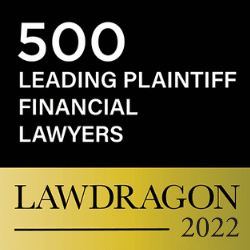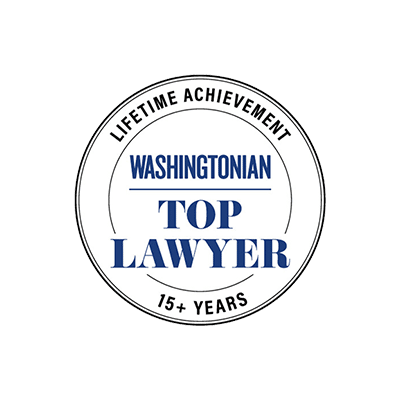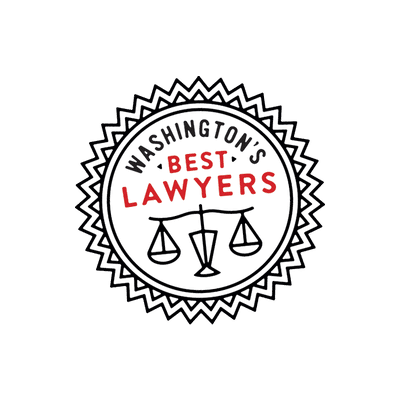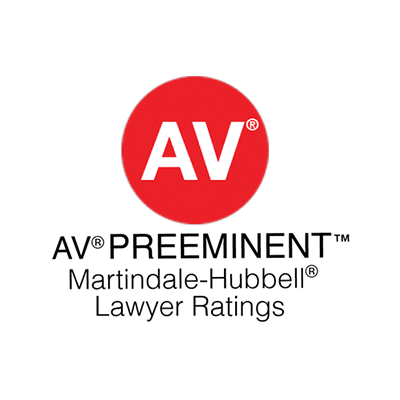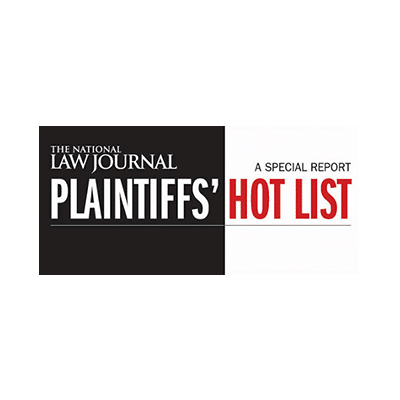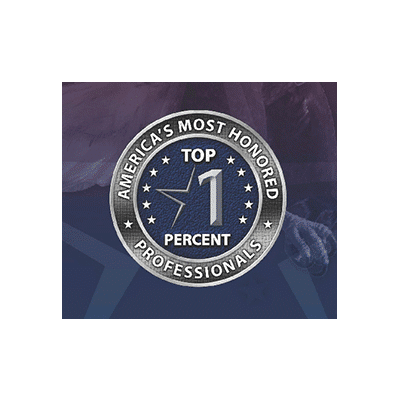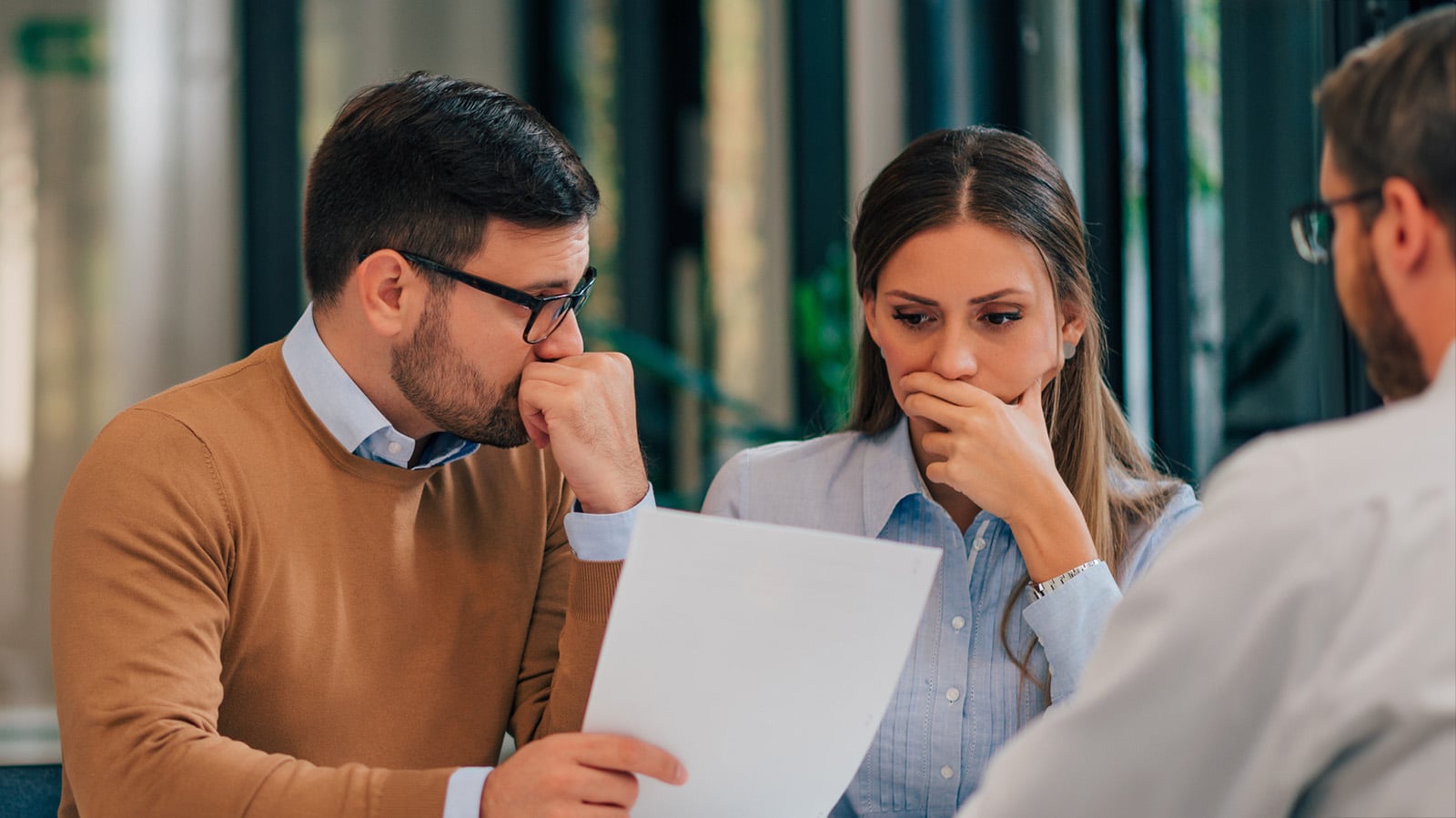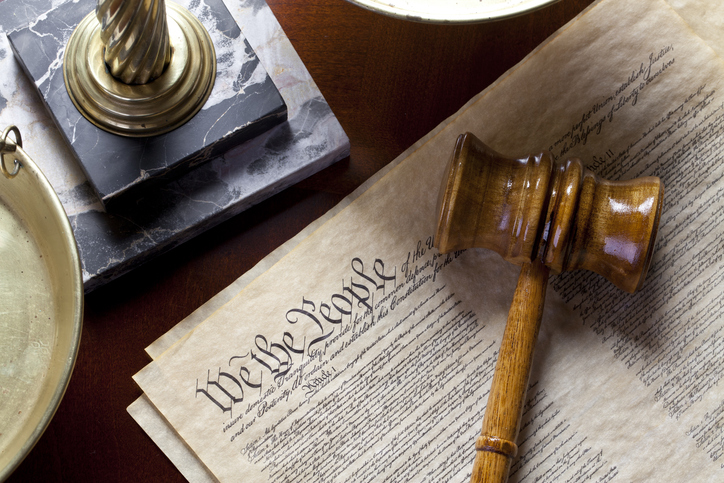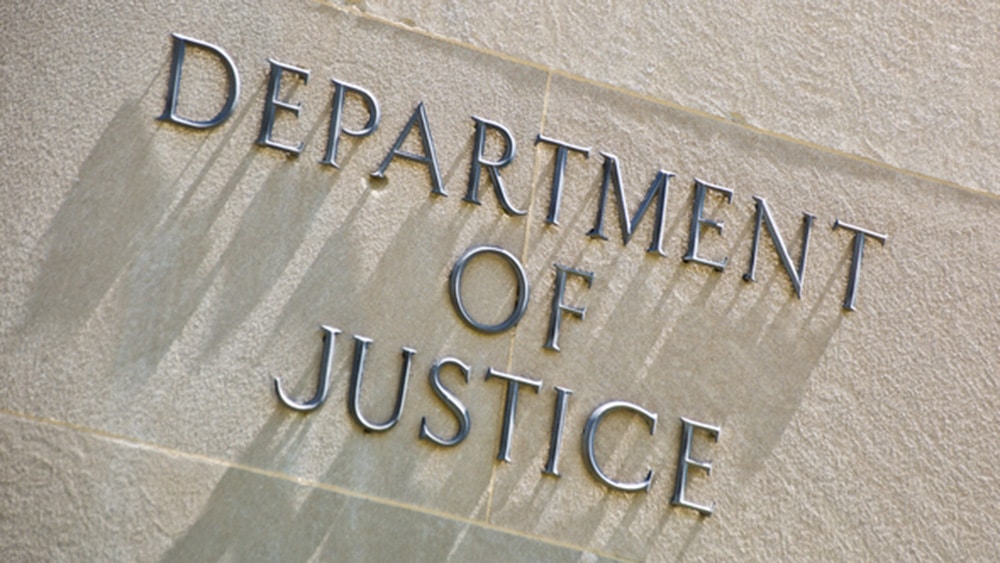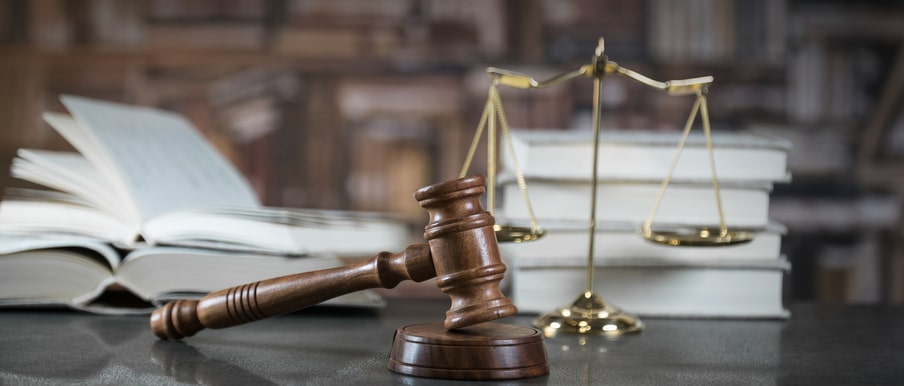If you know of customs fraud, get in touch with our firm today.
Individuals with firsthand knowledge of customs fraud or who have concerns over illegal import practices should contact Kohn, Kohn and Colapinto attorneys for a free confidential consultation.
Why Hire Our Firm?
Since 1988, our firm has been winning high-profile FCA cases, where fraudsters have attempted to steal billions of dollars for the government. Please explore our whistleblower stories to learn more about our cases.
Our pro bono team also helped lead the fight to pass amendments which strengthened the FCA. We filed numerous amicus curiae briefs arguing for the Supreme Court to uphold the law’s power and have worked directly with Congressional offices to ensure that legislation gets passed which closes loopholes undermining the law.
Our Leading Attorneys
Our firm is led by the world’s top attorneys and False Claims Act experts, who have successfully handled many qui tam False Claims Act whistleblower cases.
Understanding Customs Fraud
As the Trump administration implements increased tariffs, U.S. authorities will continue to crack down on companies who seek to evade customs duties.
Those importing goods into the United States must provide U.S. Customs and Border Protection (CBP) with detailed information about what it is they are importing and the country of origin of these goods. This is necessary for the government to collect the proper duties and tariffs on those imports.
Those evading duties or tariffs could be subject to liability under the False Claims Act (FCA), a federal law which prohibits, among other things, the fraudulent retention of monies that a person or company is obligated to pay to the U.S. and submitting false statements and false claims to avoid tariffs and duties.
The types of customs and tariffs fraud may include:
- False entries: Falsely declaring country of origin, which carry preferential duties
- Misclassifications: Goods may be classified under a tariff code that has a lower rate
- Underreporting of Value: Undervalue goods to reduce the amount of import duties
The CBP relies on information from customs fraud whistleblowers with original and credible information to successfully catch evaders. When a whistleblower’s lawsuit (called a qui tam action) succeeds, they usually get 15% to 30% of the money recovered. Protection from retaliation is also available for those who qualify.
What is Customs Fraud?
As tariffs increase amid political tensions between the US and China (among other countries), some companies have decided to bypass tariffs or duties to maintain profits. However, this intentional act of evasion, often referred to as customs fraud, is highly illegal.
Customs fraud occurs when importers fail to provide details about the goods they are importing, such as their original, value, and confirmation regarding any applicable anti-dumping or countervailing duties.
It also occurs when an importer falsifies or misclassifies documentation to pay lesser amount in duties. The (CBP) relies on the accuracy of this information to ensure the correct assessment of all duties and tariffs.
What are the Types of Customs Fraud?
- Underreporting of Value: Importers may undervalue goods to reduce the amount of import duties or taxes payable. By declaring a value lower than the actual transaction value, they can evade the rightful amount of customs duties and taxes.
- Misclassification: Goods may be classified under a tariff code that attracts a lower rate of duty than the actual code applicable to those goods. For example, an importer might declare a luxury item as a basic item to benefit from a lower tariff rate.
- False Country of Origin: Importers may falsely declare the country of origin for goods to benefit from preferential duty rates or to avoid anti-dumping duties. This is especially pertinent when certain goods from particular countries are subjected to higher duties or restrictions.
- Overstatement of Quantity: Importers might declare a higher quantity of low-value items and hide high-value items among them, thereby evading the correct duty on the high-value items.
- False Documentation: Using forged or altered documents, like fake invoices or certificates of origin, to deceive customs officials.
- Transshipment Deception: Goods might be rerouted through third countries to conceal their true origin, especially if the goods’ actual country of origin faces trade restrictions or higher duties.
The U.S. government collects billions in duties and tariffs each year. In 2021, tariff revenue from U.S. imports totaled $80 billion, which is 2.9% of the $2.8 trillion in total imports. This makes it the second largest revenue generator for the U.S. And with new tariffs in place as of 2025, revenues are expected to climb $300 to $600 billion per year, which means more and more fraudsters will be seeking to evade duties.
Individuals considering blowing the whistle on customs or tariff fraud should first consult an experienced FCA whistleblower attorney to help ensure they file an effective qui tam suit and that they are protected from retaliation.
The False Claims Act (FCA)
The FCA is a federal law that allows ordinary citizens (known as relators) to file a qui tam lawsuit against those who commit customs fraud, on behalf of the U.S. Key features of FCA include the following:
- Whistleblower Awards: The qui tam provision of the FCA allows those to receive a portion of the recovered funds in a successful case, which ranges between 15% and 30% of the recovered funds.
- Protection Against Retaliation: The FCA also protects whistleblowers against retaliation. Whistleblowers may be entitled to re-instatement, backpay, and other compensation for emotional distress.
- Anyone Can Utilize FCA: Anybody with information can utilize this law, and they don’t have to be a U.S. citizen. However, they must hire a U.S. based attorney to be eligible for an award.
Keep in mind: you don’t need to be a victim to utilize the FCA — just someone with inside knowledge and the courage to come forward. Perhaps you work in the shipping, logistics, or import/export industry, or an acquaintance of someone who admits to customs evasion.
Recent Customs Fraud Cases
Evolutions Flooring Inc (2025)
Evolutions Flooring Inc. and its owners settled allegations of violating the False Claims Act by knowingly evading customs duties on multilayered wood flooring imported from China between 2019 and 2022.
The United States alleged that Evolutions submitted false information about the origin and manufacturers of the goods to avoid antidumping, countervailing, and Section 301 duties.
This settlement, based on the company’s ability to pay, resolved a whistleblower lawsuit, with the whistleblower receiving over $1.2 million of the proceeds, and underscored the government’s commitment to ensuring fair trade practices and revenue collection.
KingKong-Tools GmbH & Co KG (2023)
KingKong-Tools GmbH & Co KG and its U.S. subsidiary, King Kong Tools, LLC, agreed to pay $1.9 million to settle allegations of customs fraud under the False Claims Act.
The government alleged that King Kong falsely labeled tools made in China as “made in Germany” to avoid paying a 25% tariff applicable to Chinese goods. A competitor initiated the case by filing a whistleblower complaint.
The settlement resolves a lawsuit in the Northern District of Georgia, and the whistleblower will receive $286,861 plus attorney’s fees. Authorities emphasized that misrepresenting product origin to evade tariffs is illegal and harms fair competition.
CWD Holdings (2020)
CWD Holdings LLC agreed to pay $8 million to the United States to settle allegations of False Claims Act violations related to the misclassification of imported brake parts.
The government contended that from 2007 to 2017, CWD knowingly misrepresented mounted brake pad sets, which carried a 2.5% tariff, as unmounted brake pads, which had no tariff, to U.S. Customs and Border Protection. This alleged scheme allowed CWD to avoid paying millions in customs duties.
The settlement resolved two whistleblower lawsuits filed by former CWD employees, who will receive a combined $1.48 million from the settlement.
Contact KKC Customs Fraud Attorneys
Get in touch with our firm to take the first step. One of our partners reviews every consultation request. If we take your case, one of our founding partners will manage it. And there is no fee unless we win your case. Fill out an intake below to get started.
Relevant FAQs
Latest News & Insights
Our pro bono team has helped lead the fight to pass amendments which would strengthen the False Claims Act (FCA).



